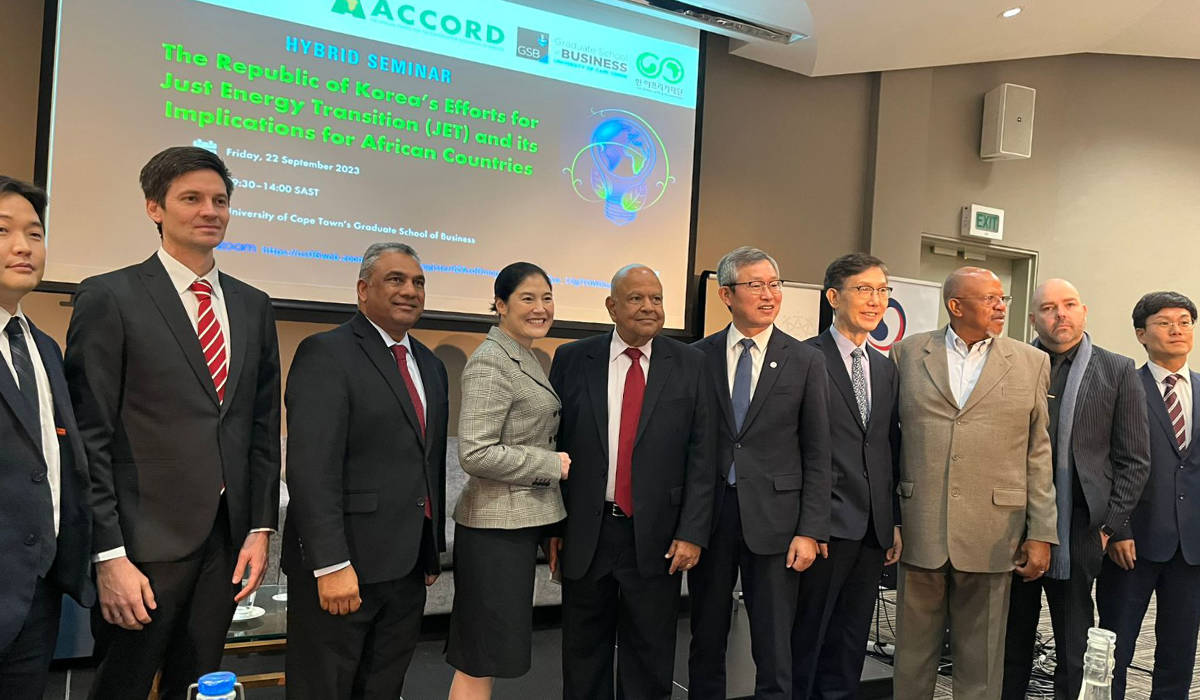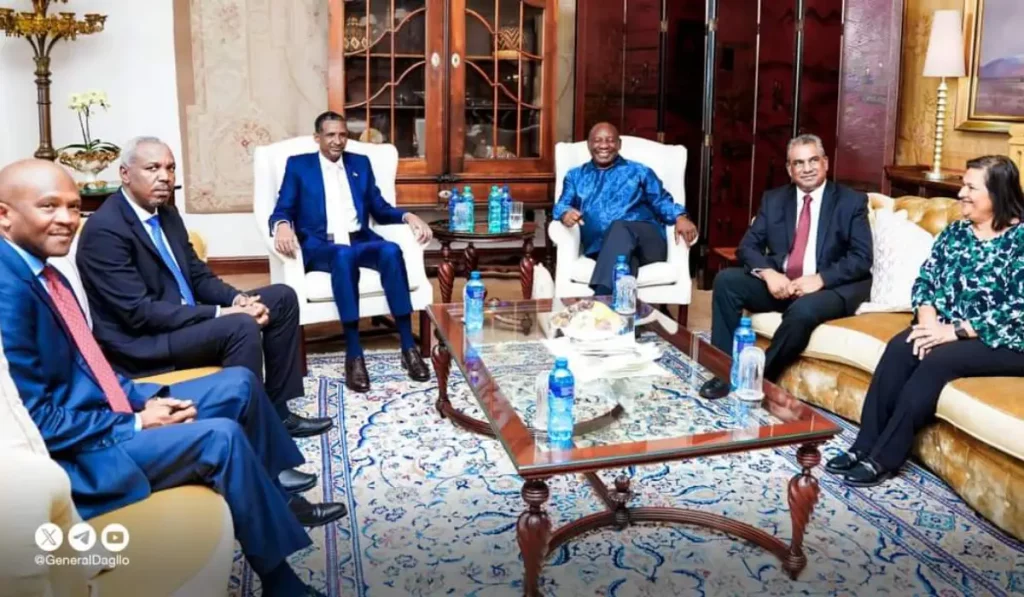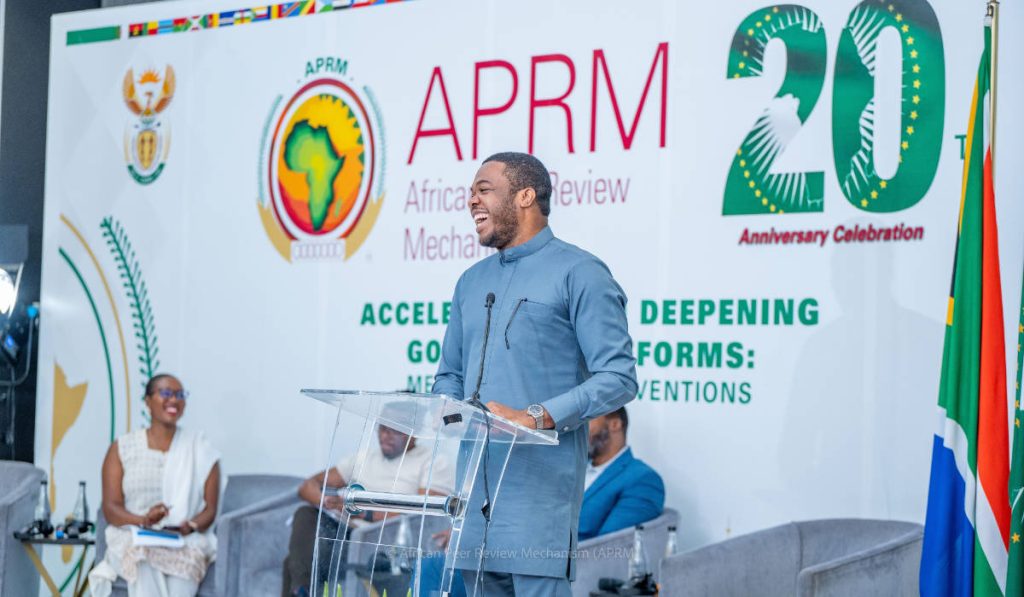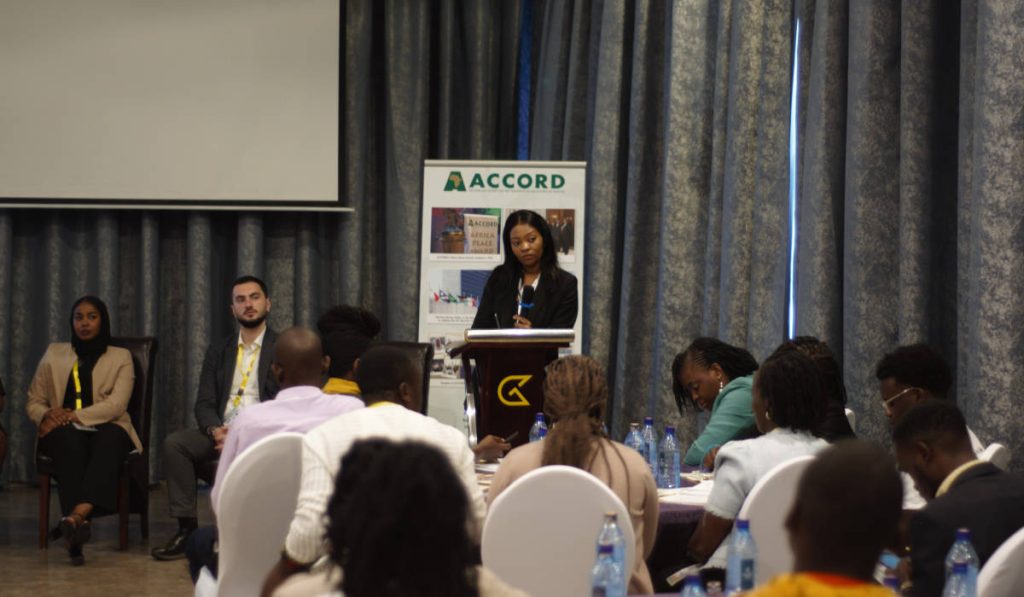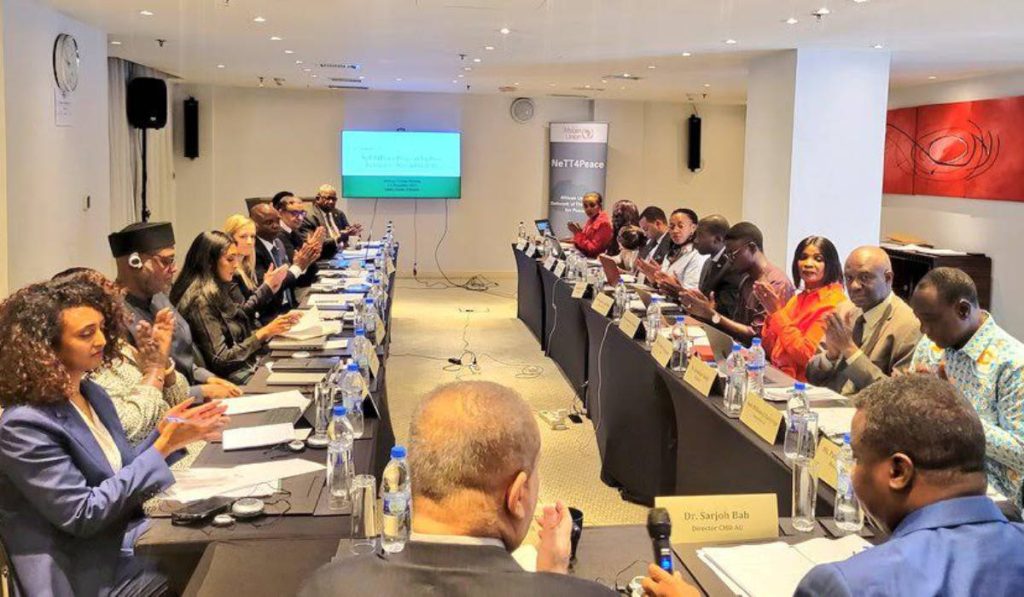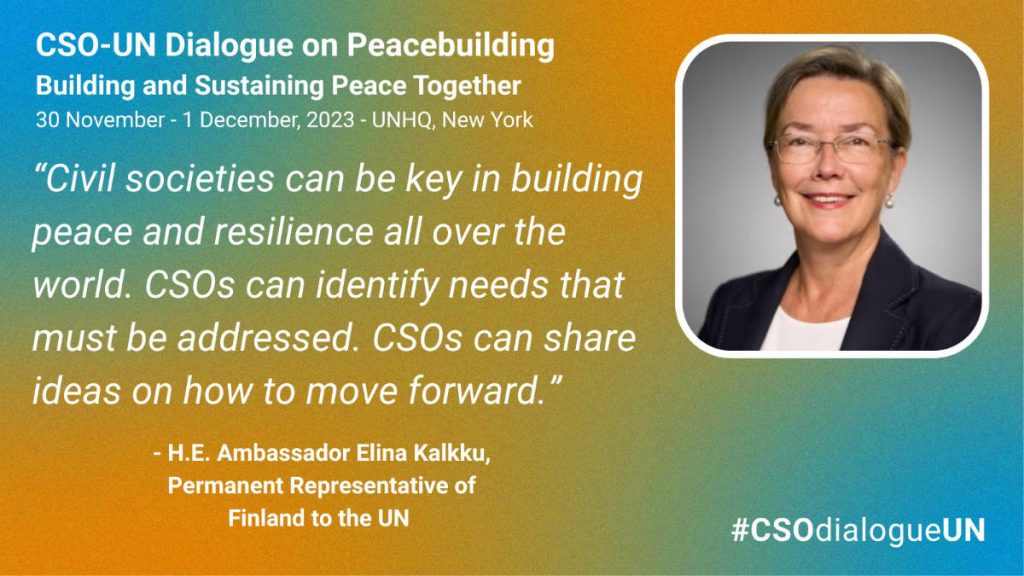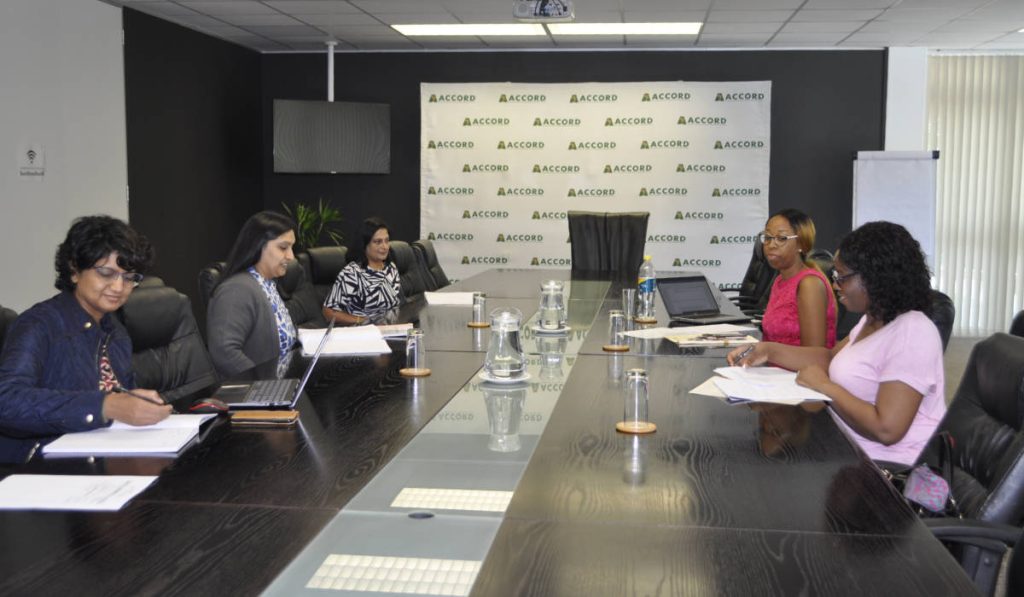Over the past five years, the Republic of Korea has affirmed its climate commitments through ambitious national policies and innovations in just energy transition (JET). These efforts have seen a decrease in coal power generation from 82.8% in 1970 to nearly 30% in 2022, and an increase in the use of renewable energies to generate power. The Republic of Korea’s experience offers useful and valuable lessons given the progress on their JET efforts through various policies and strategies adopted by the government. Per the African Common Position on Energy Access and Just Energy Transition of 22 July 2022, Africa aims to make use of all forms of energy resources, including renewable and non-renewable energy to address its energy demands. It is within this context that the Republic of Korea can position itself as a key partner for Africa’s JET.
On 22 September 2023, the Embassy of the Republic of Korea to the Republic of South Africa, in collaboration with ACCORD, the University of Cape Town’s Graduate School of Business, and the Korea-Africa Foundation, convened a hybrid seminar in Cape Town, under the theme: “The Republic of Korea’s JET efforts and its implications for African countries”. The overall objective of the hybrid seminar was to assess the Republic of Korea’s JET efforts to draw insights into best practices, approaches, and strategies that could be adopted by African countries for their energy-mix efforts and policies.
The Honourable Minister of Public Enterprise, Mr Pravin Gordhan, delivered the keynote address. He delivered a broad yet incisive overview of South Africa’s JET efforts as well as the world and explored synergies or lessons from the Republic of Korea’s JET experience. The Minister conveyed the significance of the “just” organ in the energy transition, highlighting the need for the energy transition to benefit everyone in society, and integrate the possible losers such as coal mine workers and other affected industries and poor communities to benefit from JET. The hybrid seminar was attended by energy experts and academics; corporate business stakeholders from the Republic of Korea; South African energy corporation stakeholders, civil society, and non-governmental organisations. Presenters from the Republic of Korea highlighted the energy transition in the country, JET policies, and challenges to JET implementation.
While African countries contribute the least to carbon emissions, the Continent must continue to explore innovative ways to engage in JET as the climate crisis mostly affects developing countries, and has shown signs of causing peace and security threats. Thus, the hybrid seminar is a continuation of ACCORD’s strategic objective to contribute evidence-based analysis, policy support, and knowledge to respond to complex conflicts.

